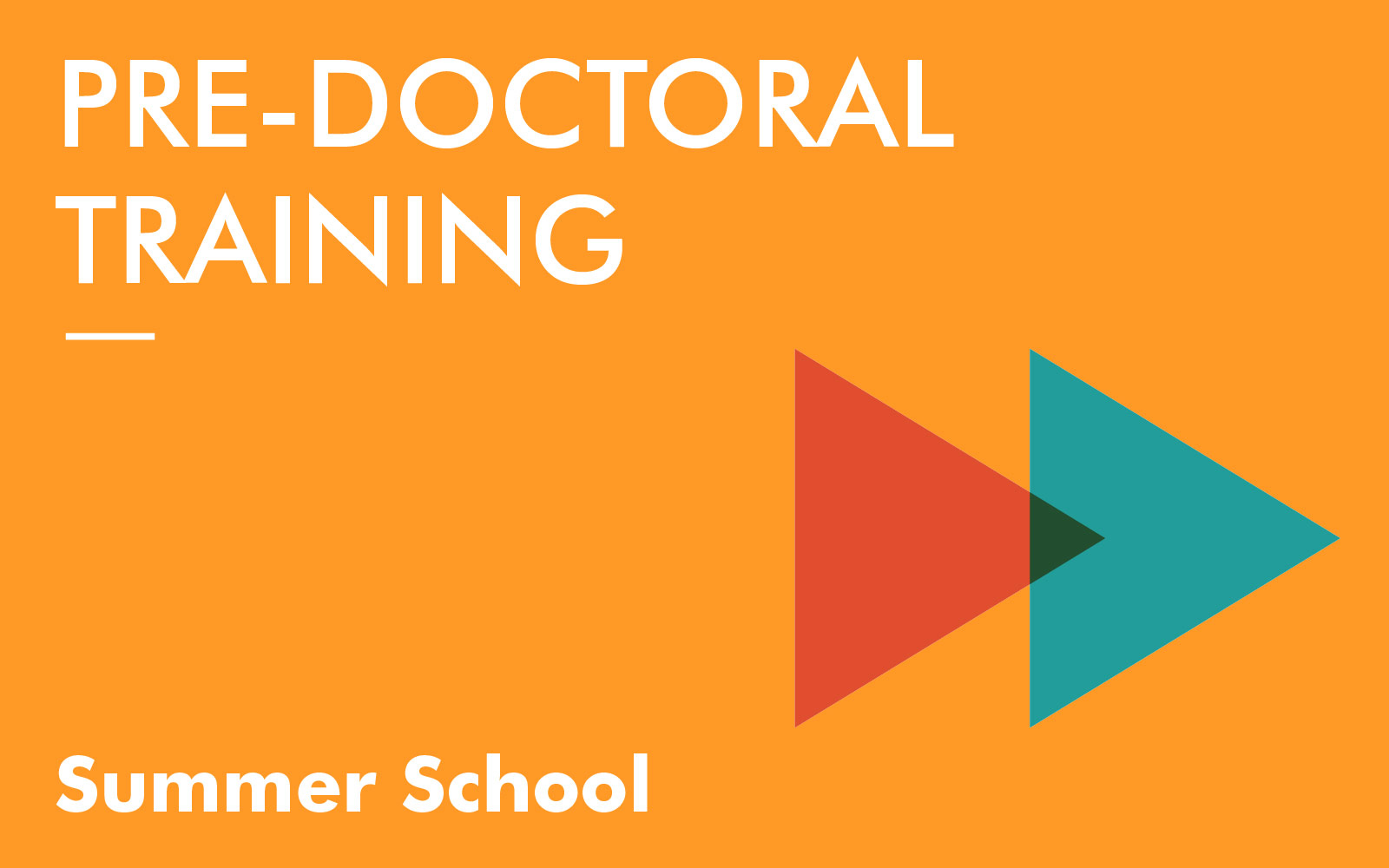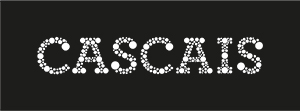Undergraduate Summer School

Every year, the IGC organises a Summer School for motivated undergraduate students interested in the life sciences, from molecular and cellular biology to ecology, population genetics and mathematical modelling. Students have the opportunity to discover biological sciences as they are done today in their diversity. During the first week they are introduced to the diversity of IGC science though open group discussions with researchers and visits of the labs and facilities. During that week they will have a short applied mini-project with one of the facilities, starting with a sampling trip on a boat. Additionally, during the whole internship they will attend seminars and develop a research project in one of the IGC research groups during the month of August. Altogether this programme will introduce some of the key of the stepping-stones of any researcher’s life.
Timeline 2023
Seminars Programme (24-28 July)
In 2023, the Summer School has returned to the in presence only format. There will be no zoom session.
The first morning will be dedicated to the discovery of the IGC and hosting research groups.
Three mornings will be dedicated to hands-on activities in the IGC facilities in partnership with Cascais with whom the participants will collect samples during the first afternoon.
Three afternoons will be dedicated to open discussion sessions with IGC researchers and alumni, on research topics ranging from ecology, evolution and theoretical biology to cell cycle development and host-microbe interactions. The last day will address future challenges to science, from international networks to the challenges of the ongoing biodiversity crisis or the unanswered questions in the immunity field.
Who can apply
We welcome undergraduate students from any scientific background (e.g., biology, biochemistry, mathematics, medical science, engineering and physics) who are motivated and interested in life sciences.
How to apply
Applications are accepted exclusively in English via the online platform (available only when the call is open).
Fellowships
All candidates may apply for a fellowship to cover travel and/or accommodation expenses (except for candidates residing in the Lisbon area).
*Note: Participation in the Programme does not imply any contractual relationship with IGC.
IGC Summer School 2023 hosting labs
- Advanced Imaging Facility (Gabriel Martins): Implementation of a workflow for analysis of high-throughput microscopy using machine learning
- Bacterial Signalling and Microfluidics (Karina Xavier and Jorge Carvalho: Mónica Louro): Microfluidics for investigation of bacterial biofilm formation and resilience
- Cell Biology of Viral Infection (Maria João Amorim: Daniela Brás and Silvia Vale-Costa): Changes in the dynamics of mitochondria upon influenza A virus infection
- Cell Cycle Regulation (Mónica Dias: Luca Cirino): Studying life at microscopic scale: the culture requirements 1 of cercozoans
- Chromosome Dynamics (Raquel Oliveira: Carolina Pereira): Mitotic fidelity in stem cells
- Chromosome Dynamics (Raquel Oliveira: Laura Tovini): Inactivation of transcription during mitosis
- Functional Ecology Group (Giulia Ghedini): Exploring how niche diversity affects competition in marine phytoplankton
- Host-microorganism interactions (Luís Teixeira: Migla Miskinyte): A genetic screen to identify new mutants of the widespread endosymbiont Wolbachia
- Living Physics (Pablo Sartori and Jorge Carvalho): Microbial monitoring of aquatic systems using microfluidics
- Microbial Genomics and Symbiosis (Waldan Kwong and Rodney Eyles): Interactions in the bee gut microbial community
- Population and Conservation Genetics (Lounes Chikhi: Ravi Vishwakarma): Genetic consequences of habitat expansion and contraction through spatial simulations.
Internships for undergraduate students
In addition to our Summer School Programme, we encourage undergraduate students with a particular interest in one of our labs to contact our groups leaders directly and enquire about lab internships.


